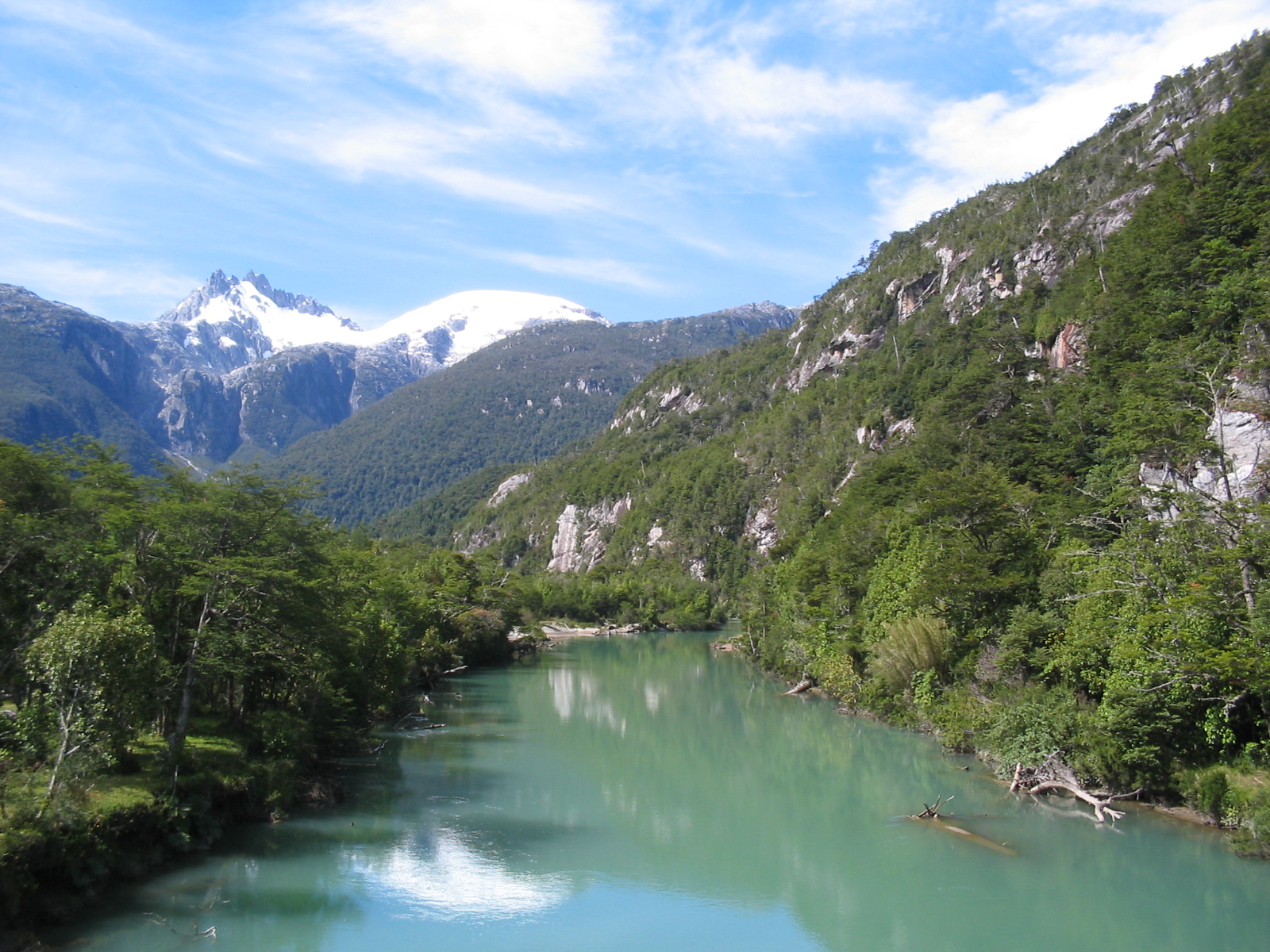Natural Assets Knowledge-Action Network publishes its first peer-reviewed article
The Future Earth Natural Assets Knowledge-Action Network announced its intention to facilitate and enable action-oriented research and synthesis in a recent paper paper in Sustainability Science—its first peer-reviewed article.
Read “Framing natural assets for advancing sustainability research: translating different perspectives into actions,” in Sustainability Science.
As ecosystems around the world are being pushed beyond their limits for short-term gain, affecting their ability to provide for human well-being, the concepts of “natural capital” and “ecosystem services” have gained global attention. These terms are generally defined as all benefits flowing from ecosystems to society. However, these concepts have mostly remained concepts, as decision-making and action have been slow to implement them.
The Intergovernmental Science-Policy Platform on Biodiversity and Ecosystem Services (IPBES) has recently introduced the notion of “Nature’s Contributions to People,” or NCP, which is a broader framing building on the ecosystem services approach while opening up to other perspectives, mostly associated with the social sciences and humanities–which are rich in explaining the complex and diverse realities about people’s relationships with nature, according to Maria Jose Martinez-Harms, lead author of the paper and member of the development team of the Natural Assets Knowledge-Action Network.
 “The NCP approach allows considering nature as an asset, but it also goes beyond regarding nature as a stock of resources by emphasizing the role of culture in shaping the relationships between people and nature,” Martinez-Harms said.
“The NCP approach allows considering nature as an asset, but it also goes beyond regarding nature as a stock of resources by emphasizing the role of culture in shaping the relationships between people and nature,” Martinez-Harms said.
The NCP approach highlights the importance of bringing different perspectives to the table, acknowledging a diversity of views that could go commonly unheard in policy decisions, according to Martinez-Harms.
“This has implications for social equity and social justice as more perspectives are included; it calls attention on how nature’s benefits are distributed among society. This will be important to design environmental policies that not only favour biodiversity conservation but also promote more equitable social outcomes.”
The Future Earth Natural Assets Knowledge-Action Network is a global initiative, focused on understanding the way society interacts with and perceives nature through the notion of “natural assets.” This approach complements the NCP framework, as the aim of the natural assets approach, according to Martinez-Harms, “is to translate and bridge among different perspectives people’s relationships with nature, identifying the challenges of translating these different visions into actions, and policy decisions for local to global sustainability challenges.”
Previously defined as components of natural capital, such as mineral, freshwaters, land, in the natural assets approach, natural assets are defined as a wider term, aiming to connect people’s relationships with nature. It calls for more knowledge exchange, bringing together different knowledge systems and different perspectives—as well as different values.

“If policy processes are more inclusive in considering the diversity of values that nature has such as its intrinsic value (or value of nature as an end in itself) or relational values (defined as the importance of nature in fostering desirable relationships between people and nature), it will allow us to consider not only the benefits, but also the negative impacts. Such inclusive valuation stems from the realization that the benefits and costs to humans from natural assets are linked to well-being in a diversity of ways,” Martinez-Harms said.
But the natural assets approach is not without its challenges. Natural assets management deals with high levels of uncertainty, which are often avoided in analysing ecosystem services and ecological studies. And in the absence of a way to implement knowledge into action, it will remain another unrealized body of knowledge. So the the Natural Assets Knowledge-Action Network will focus on the translation of people’s relationships with nature to change practices and actions towards sustainability, through the approach of knowledge co-production. This collaborative process responds to complex problems by bringing together different types of knowledge and creating an integrated understanding of them.
“The issue is not how you name it,” according to Martinez-Harms, “but the ability to translate these concepts into actions and change of practices, and this requires an understanding of how ecosystem services are co-produced by nature, culture and social factors.”
“Framing natural assets for advancing sustainability research: translating different perspectives into actions,” Sustainability Science, July 17, 2018. Special Feature: Overview Article, Integrated Knowledge Generation for Transformations towards Sustainability from Local to Global Scales.
DATE
July 30, 2018AUTHOR
Future Earth Staff MemberSHARE WITH YOUR NETWORK
RELATED POSTS
Mason University Students Embark on Summer of Research with Future Earth
Future Earth and UNDP Collaborate to Promote Climate Action Through Behavioral Change
Program Now Available for the Year’s Top Sustainability Science and Innovation Event in Finland